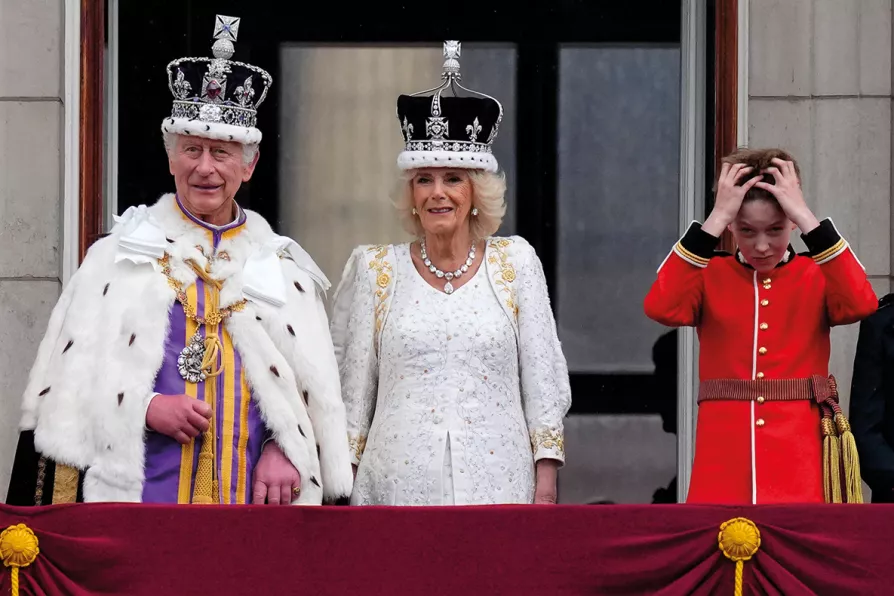Labour prospects in May elections may be irrevocably damaged by Birmingham Council’s costly refusal to settle the year-long dispute, warns STEVE WRIGHT
The Coronation: a profit and loss balance sheet
KEITH FLETT wonders, if the royal circus didn’t swell the public coffers with a wedge of fat tourist bucks as hoped, did it at least send our spirits soaring in a surge of national pride? Also no.

 The Windsors in their new hats
The Windsors in their new hats
IT HAS been reported that the coronation, which it might be remembered, has no formal purpose, cost £250 million.
Although King Charles is thought to have a personal wealth of £1.8 billion he did not contribute. Rather, with the cost-of-living crisis in mind surely, it was public money that was spent.
In return, there was a ceremony of largely made-up or reinvented traditions which at times looked more like a Monty Python sketch.
Similar stories

The police have finally admitted it was totally illegal to arrest me for simply asking who elected King Charles — my ordeal has opened my eyes to the plight of free speech and the right to protest in Britain, writes SYMON HILL













